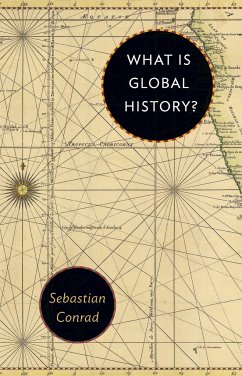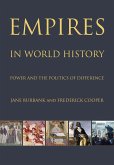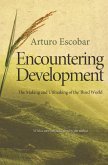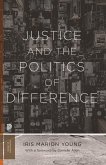Until very recently, historians have looked at the past with the tools of the nineteenth century. But globalization has fundamentally altered our ways of knowing, and it is no longer possible to study nations in isolation or to understand world history as emanating from the West. This book reveals why the discipline of global history has emerged as the most dynamic and innovative field in history - one that takes the connectedness of the world as its point of departure, and that poses a fundamental challenge to the premises and methods of history as we know it. What Is Global History? provides a comprehensive overview of this exciting new approach to history. The book addresses some of the biggest questions the discipline will face in the twenty-first century:








